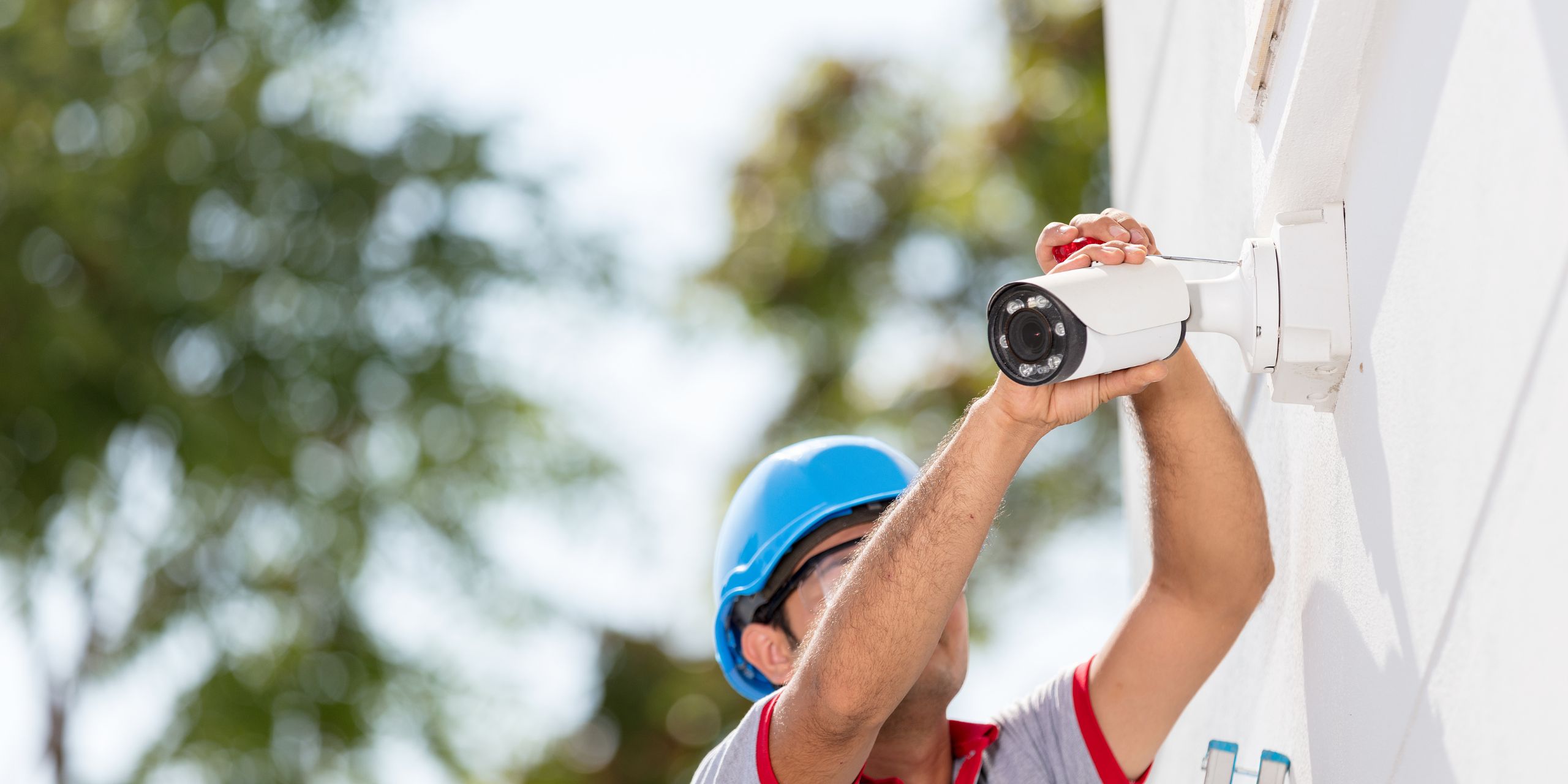Homeowners and locals in any neighborhood place a high importance on safety. Improvements in neighborhood cooperation and home security technology over the past few years have significantly boosted community safety. Communities are seeing lower crime rates, more peace of mind, and a safer living environment by making investments in home security modifications and establishing deeper relationships among neighbors.
Improving Home Security: A Crucial Step in Crime Prevention
Homeowners today have access to a wide range of cutting-edge solutions for home security systems that have come a long way in recent years. These improvements not only increase the security of individual properties but also the community as a whole. Some of the best improvements to home security include:
Smart Security Cameras: New security cameras offer high-definition footage, allowing house owners to remotely and in real-time monitor their homes. These cameras frequently have capabilities like night vision, motion detection, and two-way audio. Smart security cameras improve the safety of specific residences and the larger neighborhood by discouraging criminal activity and offering crucial proof in the event of an occurrence.
Smart Locks & Remote Access Control: By enabling homeowners to remotely manage access to their properties, smart locks add an extra degree of security. Physical keys are not required because these locks can be configured to grant temporary access codes to visitors, deliveries, or service providers. Smart locks can also alert homeowners to any unlawful access attempts, adding to the safety of the neighborhood.

Alarm Systems: Contemporary alarm systems come with a variety of functions to safeguard homes from intruders, fires, and outside dangers. These systems are frequently connected with other smart home gadgets and can be tailored to meet specific needs. Alarm systems are essential for preserving community safety because they warn residents and emergency services of potential dangers.
Neighborhood Collaboration: Increasing Security and Building Trust
While improving home security is important, building strong neighbor relationships is just as important for promoting community safety. Residents can build a network of support and vigilance by cooperating and communicating, which makes it harder for crime to go unreported. Effective neighborhood collaboration techniques include the following:
Neighborhood Watch Programs: Setting up a neighborhood watch program is a great method to unite residents around a common goal of ensuring the safety of the neighborhood. In these initiatives, neighbors alternately patrol the neighborhood and alert local authorities to any questionable activity. The effectiveness of neighborhood watch groups in preventing crime can be greatly increased with regular communication and meetings.
Online tools and apps have made it simpler for neighbors to communicate and exchange information. Residents can organize private online groups on Nextdoor and other mobile apps where they can exchange safety advice, talk about neighborhood issues, and report suspicious activity. Neighbors may work together to respond to possible dangers and create a safer community by remaining aware and connected.
Community Events & Activities: Organizing neighborhood clean-ups, potlucks, and block parties enables neighbors to get to know one another and develop trust. A safer environment is ultimately created when neighbors have stronger relationships with one another, which increases attentiveness and a willingness to look out for one another.
The Advantages of a Safer Community
The advantages of neighborhood cooperation and home security improvements go beyond lower crime rates. Additional benefits of a safer neighborhood include:
Safe communities are very desired, increasing demand and driving up prices in the community. Homeowners who make security improvements and work with their neighbors might gain financial advantages as well as peace of mind.
Greater Social Bonds: When neighbors band together to advance neighborhood safety, they also develop deeper social ties. This sense of community promotes companionship, lessens loneliness, and improves general wellbeing.
Better Quality of Life: A community that is safe goes beyond simply being free of crime to being a place where people feel at home, connected, and involved. Residents may establish a setting where they feel safe traversing the streets, children can play without constant supervision, and older neighbors can preserve their independence by making investments in house security modifications and encouraging neighborhood cooperation.

Economic Growth: Safe towns frequently entice new people, companies, and investment, resulting in the expansion of the economy and the creation of jobs. A neighborhood’s long-term profitability depends on the level of confidence prospective residents and business owners have in the neighborhood’s safety.
The actions of individual homeowners and the combined efforts of neighbors are both necessary to improve community safety. Communities can experience lower crime rates, rising property prices, and an overall improvement in the quality of life by making investments in modern home security modifications and strengthening local bonds. Residents may build a safe atmosphere where everyone can prosper and take advantage of the advantages of a connected, safe community by cooperating with one another.

